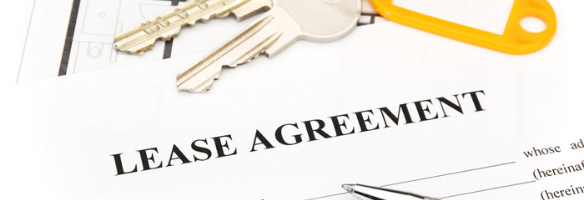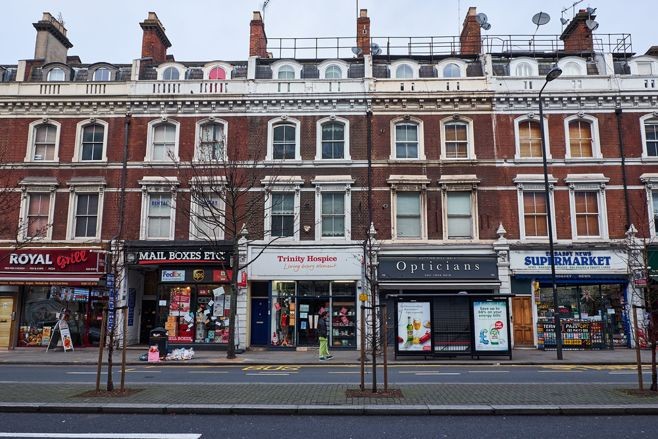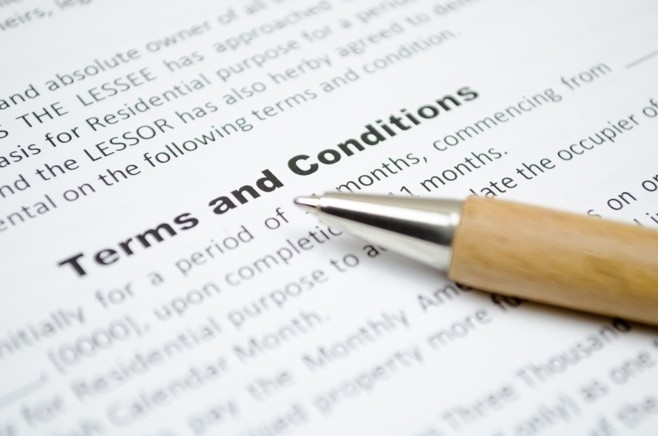What Happens When A Commercial Lease Expires?
Jul 3 2019
Darren Best

Any type of commercial building – whether it be an office, shop or restaurant – requires a commercial lease between the Landlord and Tenant. But what happens when a commercial lease expires? What is the process you must follow?
Upon the expiration of a commercial lease, there are two options available for Tenants occupying a commercial property:
Option 1: Remain in the property
Option 2: Vacate the property
What happens when a commercial lease expires?
Option 1: Remain in the property
 Photo credit: Nielskliim / Shutterstock
Photo credit: Nielskliim / Shutterstock
If the Tenant decides they would like to stay in the property, there is one a key factor that must be considered before renewing a lease: they must establish whether the lease has security of tenure. This gives a Tenant the automatic right to renew their lease upon expiry and is governed by the Landlord and Tenant Act 1954.
As a general rule of thumb, all leases are protected with security of tenure unless there is a specific clause within the lease that excludes this right. If your lease does have an exclusion clause, you will have signed a statutory declaration beforehand, confirming you have been made aware of this. (Be sure to check your lease documentation for this). If it is excluded, you have no statutory right to remain in occupation beyond the expiry date of your lease.
Prior to the lease expiring, the Landlord can serve the Tenant a Section 25 Notice (S25) – this is usually served 6 to 12 months before the lease expiration date. This notice sets out either if the Landlord wants to renew a commercial lease and the terms of the renewal or end the tenancy with reasons stated.
The main grounds for possession are:
- The Tenant has failed to pay rent
- The Landlord wants to re-develop the property
- The Landlord wants the property for their own occupation
There are statutory provisions for compensation if the landlord proves a ground not to renew the lease.
Alternatively, the Tenant can serve notice to the Landlord to renew their current lease, this is known as a Section 26 Notice (S26). This notice sets out the proposed terms and, similarly to the S25 Notice, the Tenant has 6 to 12 months prior to the lease expiration date to serve this notice.
However, even if your lease is protected, there are still occasions when a Landlord still has the right to take back possession of their property.
The renewal terms in a S25 or S26 are non-binding and you should seek professional advice to obtain the best terms available.
 Photo credit: D.Georgiev / Shutterstock
Photo credit: D.Georgiev / Shutterstock
- What is a protected lease?
A protected commercial lease entitles the Tenant to a statutory right to request a new lease on similar terms to the existing lease. They are also not obliged to vacate the commercial property.
For a lease to be protected, certain criteria must be met:
- The Tenant must occupy the premises solely for business use
- The Tenant must have exclusive occupation of the premises
- The lease must be granted for a fixed term
If a Landlord has granted a Tenant a protected lease, they cannot change the agreed rental figure without the Tenant’s agreement.
Option 2: Vacate the property
If the Tenant wishes to terminate their lease after their commercial lease expires, they have two options. They can either:
- Vacate the premises on the expiration date without providing any notice
- Serving a S27 Notice which is to be served 3 months’ in advance
If no notice has been served by either party, the lease will roll over the expiration date and carry on. However, both parties can terminate the lease after the expiration date by serving their notices.
Please note: The above is a simple overview. Lease renewals are complex and riddled with dangers for both parties. You should always seek professional advice from your solicitors and property advisors and the above should not be solely relied upon.
Feature image credit: Ralf Kleemann / Shutterstock